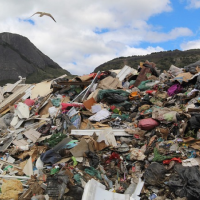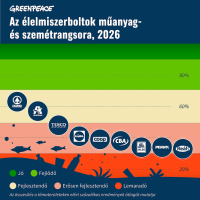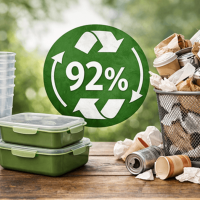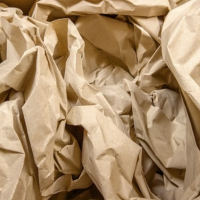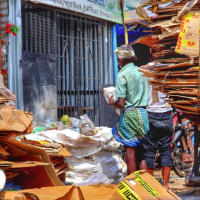Glass-bankruptcy
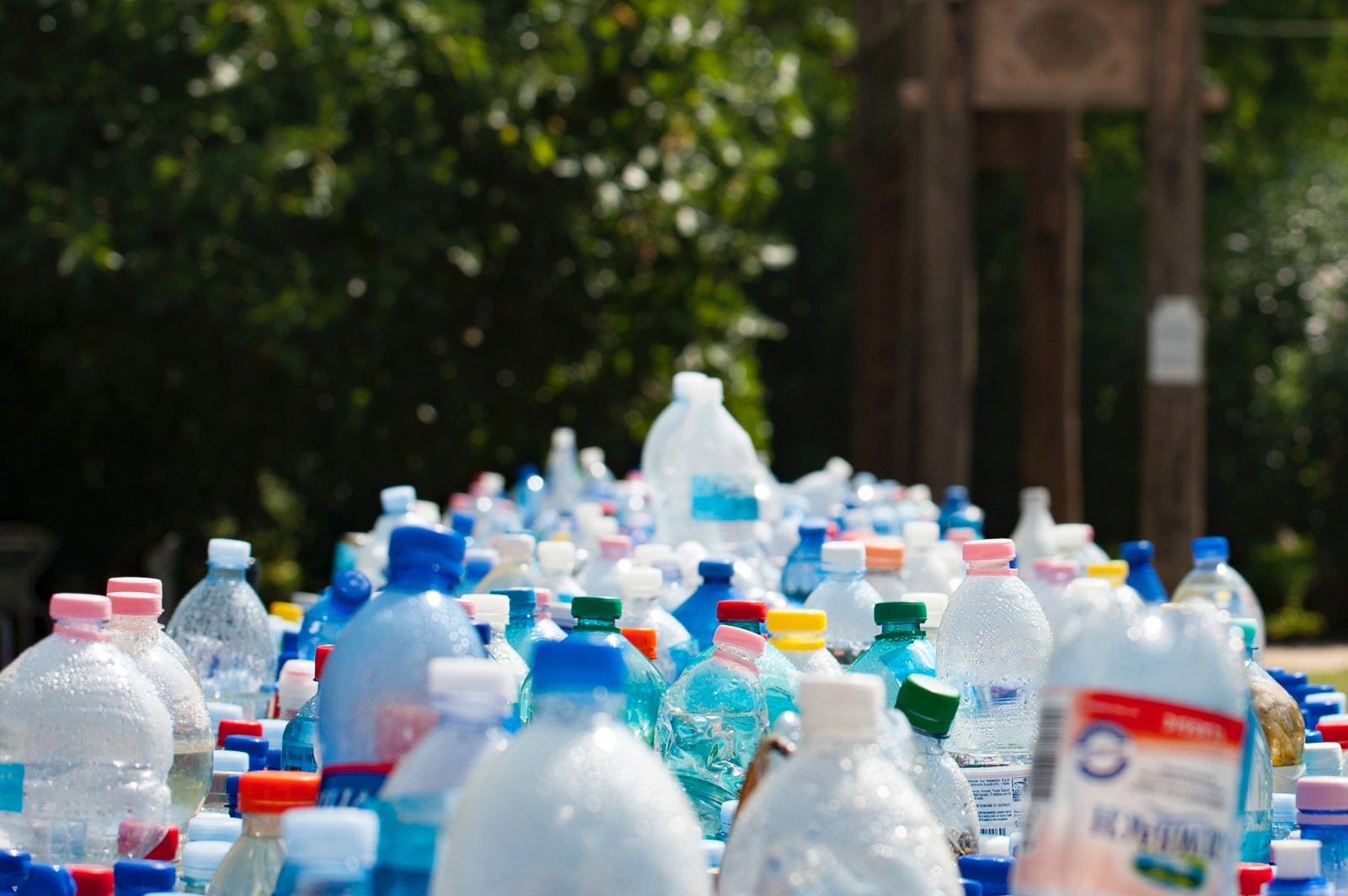
The glass reprocessing industry is in a lamentable situation. After the Sajoszentpeter glass factory closed following a change of owners in February 1999, glass reprocessing almost ground to a halt in Hungary. It now looks like the Oroshaza factory is about to follow suit (same owner!) but still, there is a little hope!
 |
Nowadays the high quality and quantity requirements of the glass-waste reprocessing factories, plus the extremely low glass re-collection prices almost make it impossible to recycle glass from the community selective waste recycling systems.
We have examined the glass recycling and re-processing market, based on the request of a communal service provider company. The picture was shattering: even those town management bodies that in some way deal with selective collection have an extremely limited chance to get rid of the selectively collected glass � with a great loss on the "business". The environmental managers we contacted during the data-collection phase were not able to give advice, but rather needed ideas about, and solutions to, the issue. They were at the point when the old partners were lost or closed, they were trying to find new markets or re-processing companies, the already collected glass was temporarily stored somewhere or � God forgive � being transported to depo. The result of our data-collection has already been published. Without exaggerating, we can say that anyone who can name a glass-collecting company that is not on our list and able to receive larger amounts of coloured or combined glass, comes to house or even pays something, shall receive one ton of mixed glass as a price!
Seeing the miserable situation, Humusz (waste management working group) organised a meeting for experts, where discussion centered on developments in glass-reprocessing technology, the opportunities and the challenges in Hungary.
A shard of hope
The Canadian ENVIROGLASS glass-waste reprocessing technology has one big advantage compared to others: it is able to handle unsorted, dirty glass-bottles even with the top and label on.
In the re-processing line the glass waste is first pounded and smashed, then, after the dirt is removed, sifted through various riddles. The remaining fine material is excellent for the building-materials industry � secondary raw-material with a primer quality. Knowing the Hungarian conditions, the glass-splinters could serve as a brick material additive, or even as sand.
The installation of the technology in Hungary could start soon, as several brick- and concrete producing companies signalled that they would be interested in serious quanties. The machine � quite uniquely in Hungary � could be profitable, as the re-processing cost would be less than 2 forints / kilogram. The machinery can deal with 10 tons per hour, which would mean full re-processing of 50-60 thousand tons of glass-waste per year.
The installation costs 110-120 million HUF, the investor would provide one third of it. It needs surpisingly little space � a 250 squaremeter field is enough for proper operations, it can be constructed within 2-3 months and the energy consumption of the machine is insignificant.
The conference proved that there is more than enough glass for the installation to operate on the short and long run as well, especially if in the short term its glass-recollection capacity was developed
As a follow-up, a project-proposal shall be written that will be the foundation for further research into investment and operations � and also for raising additional investment funds.

